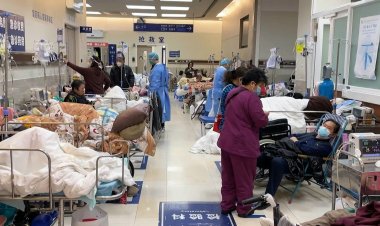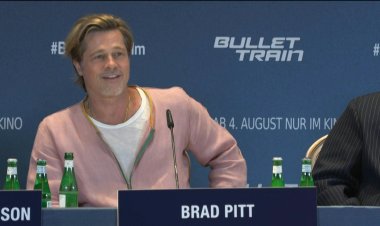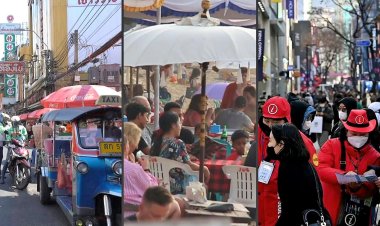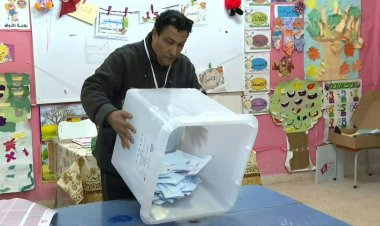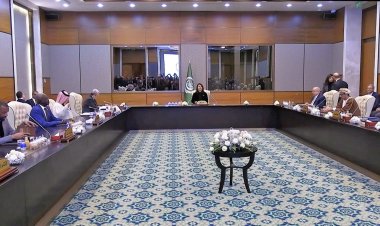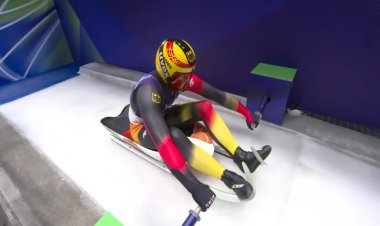Sudan's PM Hamdok, civilian face of rocky transition
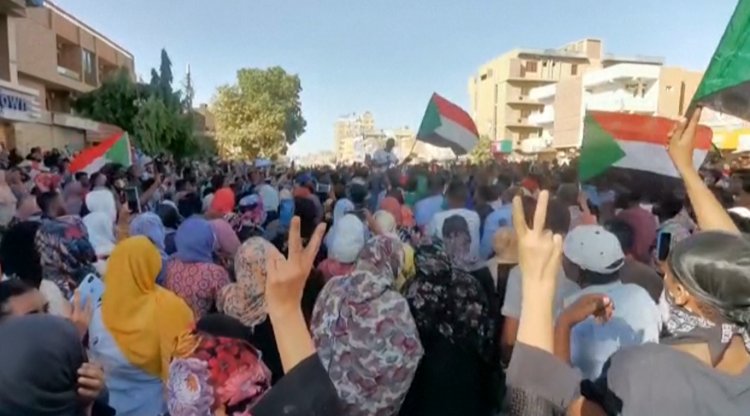
Sudan's Prime Minister Abdalla Hamdok was the face of the country's fragile transition to civilian rule for more than two years before he was ousted and detained in a coup last month. Now he's back.
After weeks of house arrest, during which Sudan was rocked by mass protests, he officially returned to government under a deal signed with military leader General Abdel Fattah al-Burhan in a televised ceremony.
Hamdok, a British-educated economist who worked for the United Nations and African organisations, carved out an image as a champion of good governance and transparency over the course of a long and varied career.
He emerged as Sudan's civilian leader after a wave of unprecedented, youth-led protests brought down long-time autocrat Omar al-Bashir, who was arrested by the military in April 2019.
Hamdok was outside Sudan and not directly involved in the protest movement, but the appointment of the moustached technocrat was cheered by much of the population and greeted by the international community.
"With the right vision, with the right policies, we will be able to address this economic crisis," he said after taking his oath to lead the transitional government under a power-sharing deal with the generals.
"He has the skills we need the most at the moment," Sumaila Ibrahim, a student at Khartoum University, a hub of the protest movement, said at the time.
But Hamdok's challenges were huge: political turmoil and economic crisis, shortages of basic commodities, and the need to rebuild a banking sector then on the verge of collapse.





